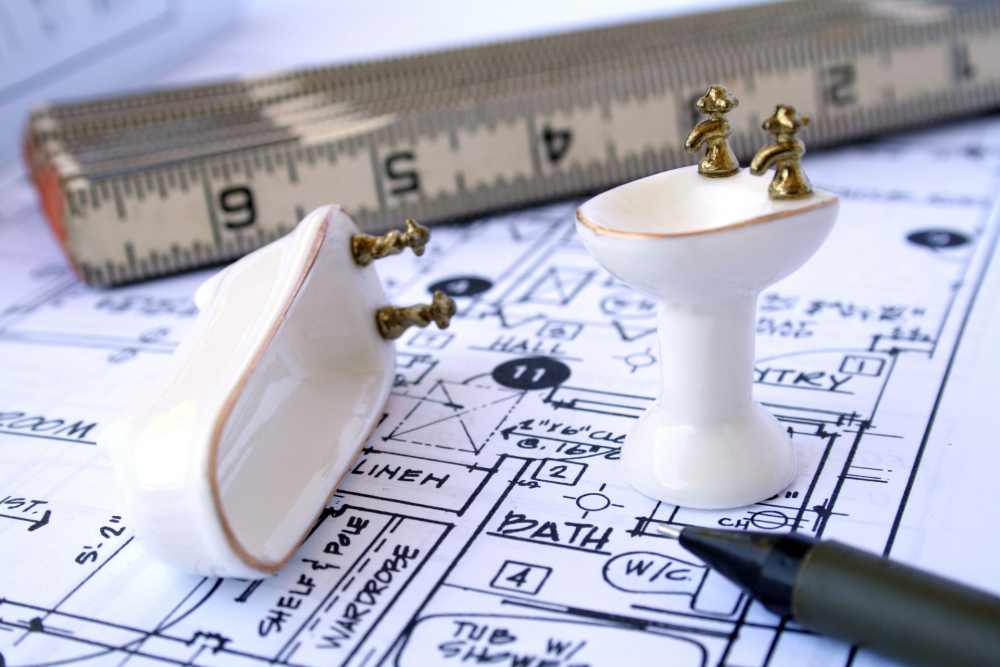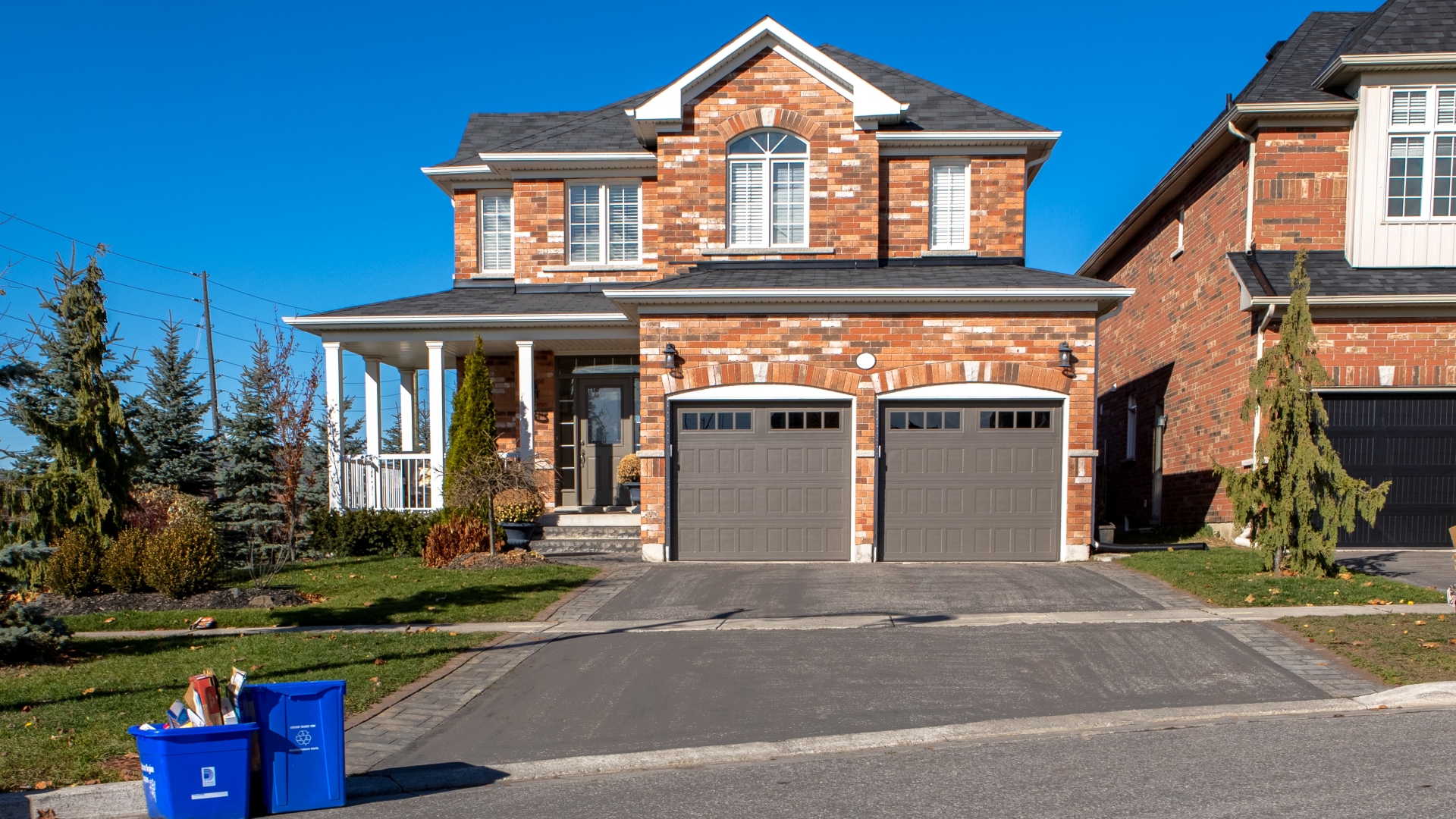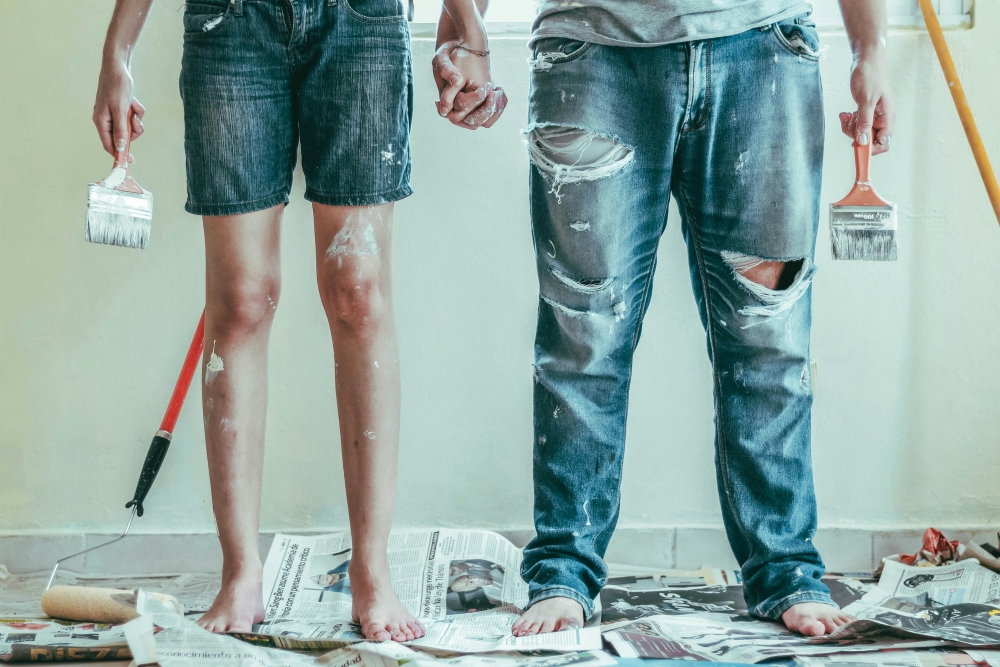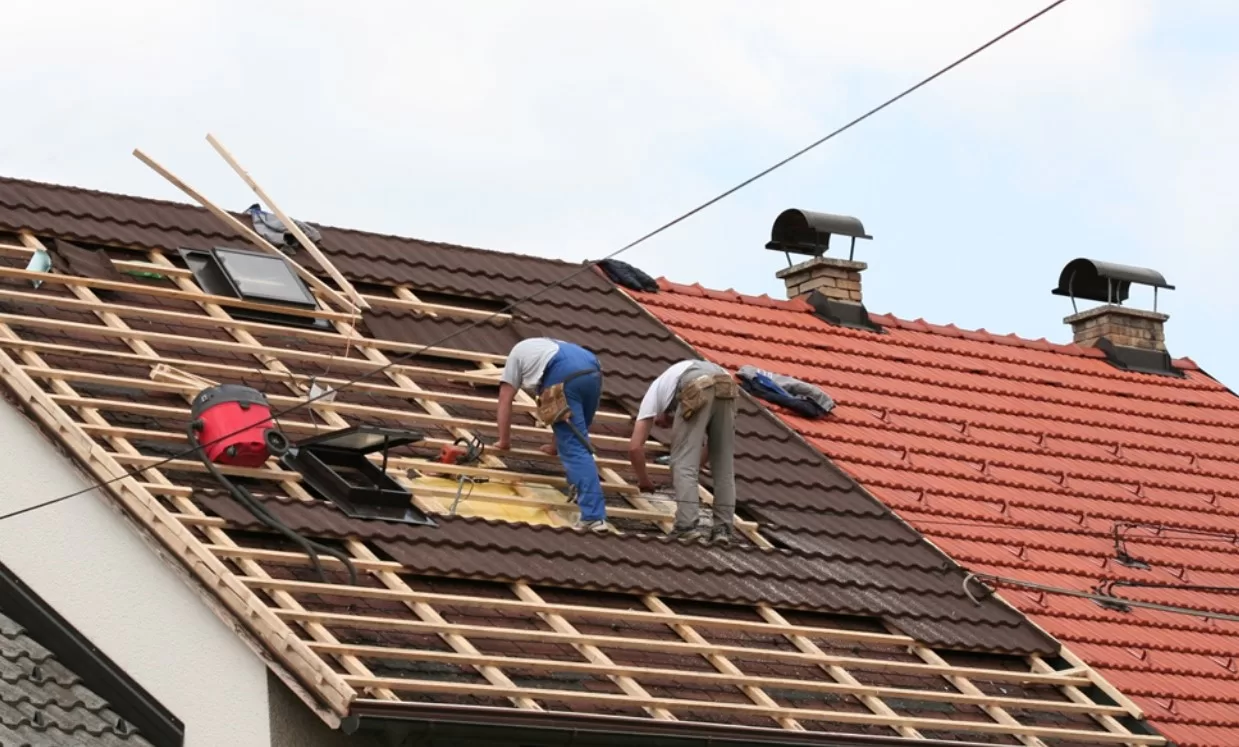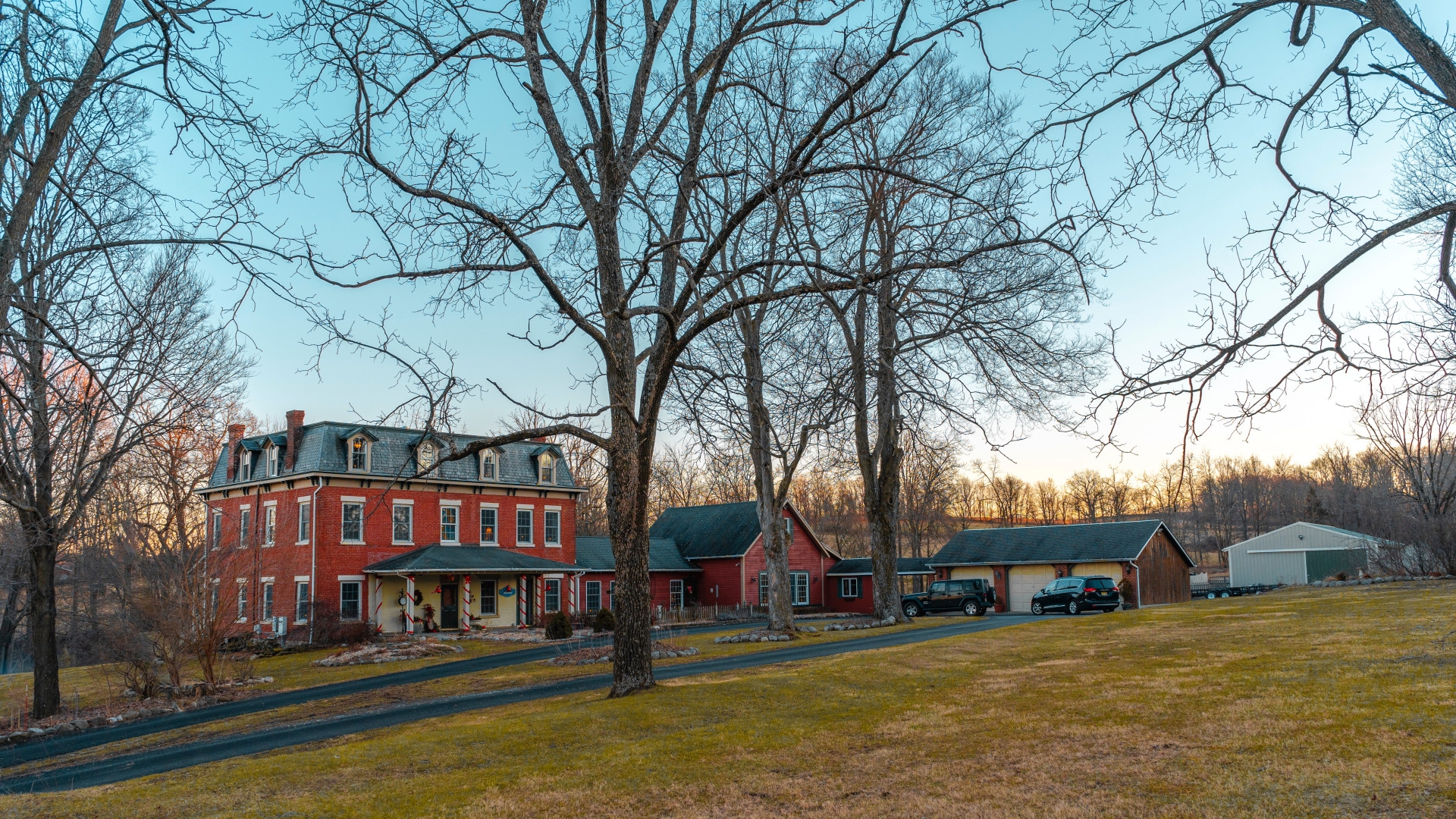Heating systems work hard during the colder months, especially in places like Sun City, AZ, where temperatures can drop significantly at night. While it’s easy to ignore minor issues, neglecting heating problems can result in expensive repairs or even complete system failure. Identifying and addressing heating concerns early can save homeowners both time and money. Here’s why ignoring heating problems can lead to costly repairs and what to watch for.
Small Issues Can Turn into Major Repairs
A minor issue, such as a clogged air filter or a worn-out belt, might not seem like a big deal at first. However, when left unaddressed, small problems can cause additional strain on the system. For example:
-
A dirty filter forces the system to work harder, leading to overheating and potential motor failure.
-
A loose belt can snap and damage other components, requiring a costly replacement.
-
A small refrigerant leak may reduce efficiency and lead to compressor failure, which is one of the most expensive parts to replace.
Catching these issues early can prevent more extensive damage and the high costs associated with major repairs or replacements.
Increased Energy Bills
When a heating system isn’t running efficiently, it requires more energy to maintain the same level of comfort. If you notice an unexplained increase in your energy bill, your system may be struggling due to:
-
Blocked airflow
-
Dirty coils
-
Worn-out components
-
Failing sensors or thermostats
A malfunctioning system will consume more energy, which results in higher monthly utility costs. Addressing minor heating problems as soon as they arise ensures the system runs as efficiently as possible.
Shortened System Lifespan
A well-maintained heating system can last 15 to 20 years, but neglecting necessary repairs can drastically shorten its lifespan. Constant stress on the system from unresolved issues causes excessive wear and tear. Components that should last for years may fail prematurely, forcing homeowners to replace their heating system much sooner than expected.
Safety Risks Associated with Heating Issues
Heating problems don’t just affect comfort—they can pose serious safety risks. Some of the most common safety concerns include:
-
Carbon Monoxide Leaks – A cracked heat exchanger can release carbon monoxide, a colorless, odorless gas that can be deadly.
-
Electrical Issues – Loose wiring or faulty connections can lead to electrical fires.
-
Gas Leaks – Gas-powered heating systems can develop leaks, which increase the risk of explosions or fire hazards.
Routine inspections and prompt repairs help ensure the safety of everyone in the home.
Signs Your Heating System Needs Immediate Attention
Knowing when to call a professional can prevent a minor issue from turning into a costly repair. Some key warning signs include:
-
Unusual Noises – Banging, rattling, or squealing sounds often indicate loose or worn-out components.
-
Uneven Heating – If some rooms are warm while others remain cold, your system may have ductwork issues or thermostat malfunctions.
-
Frequent Cycling – If the heater turns on and off more often than usual, it could be struggling due to a dirty filter or failing component.
-
Weak Airflow – Reduced airflow may signal a clogged filter, duct problems, or blower motor failure.
-
Strange Odors – A burning smell could mean dust buildup or electrical issues, while a rotten egg smell may indicate a gas leak.
Addressing these warning signs early can help prevent costly damage and ensure the system runs smoothly.
The Cost of Delayed Repairs vs. Preventative Maintenance
Many homeowners delay repairs due to the perceived expense, but waiting often leads to even higher costs. Consider the difference in costs between minor repairs and major fixes:
-
Replacing an Air Filter – $10 to $50 vs. Replacing a Blower Motor – $400 to $1,500
-
Fixing a Small Refrigerant Leak – $200 to $600 vs. Replacing a Compressor – $1,500 to $2,500
-
Cleaning a Flame Sensor – $100 to $250 vs. Replacing a Heat Exchanger – $1,500 to $3,500
Scheduling routine maintenance and addressing small problems early significantly reduces long-term repair expenses.
How to Prevent Costly Heating Repairs
The best way to avoid expensive heating repairs is through preventative maintenance. Simple steps homeowners can take include:
-
Regularly Changing Air Filters – Replace filters every 1-3 months to prevent airflow restrictions.
-
Keeping Vents and Registers Clean – Blocked vents reduce efficiency and put extra strain on the system.
-
Scheduling Annual Inspections – A professional tune-up helps identify potential issues before they become serious problems.
-
Monitoring Energy Bills – A sudden increase in energy costs often signals a problem that needs attention.
-
Checking the Thermostat – Make sure it’s functioning properly and set to an efficient temperature.
Ignoring heating problems can lead to high repair costs, increased energy bills, safety risks, and even complete system failure. Homeowners in Sun City, AZ, can avoid unnecessary expenses by addressing small issues early and investing in regular maintenance. Paying attention to warning signs and scheduling routine check-ups will help keep heating systems running efficiently for years to come.




